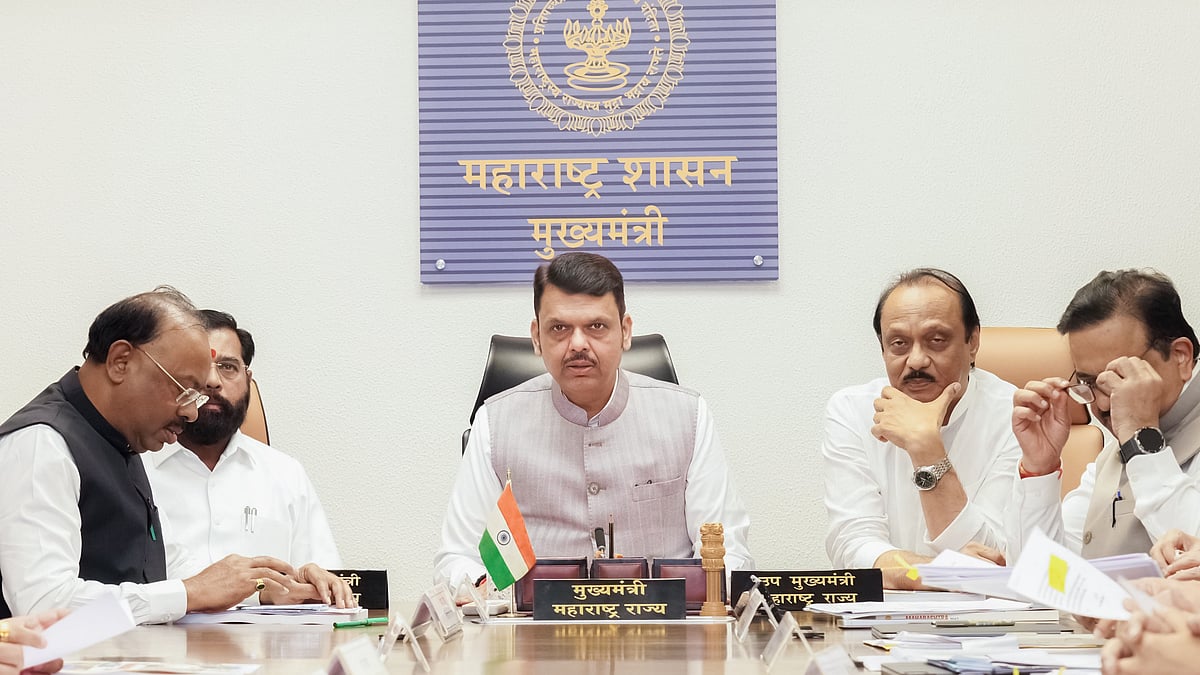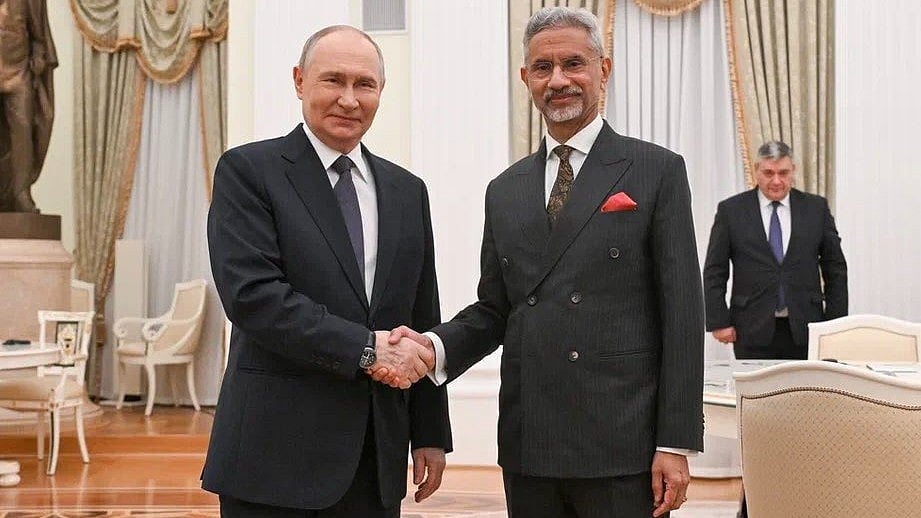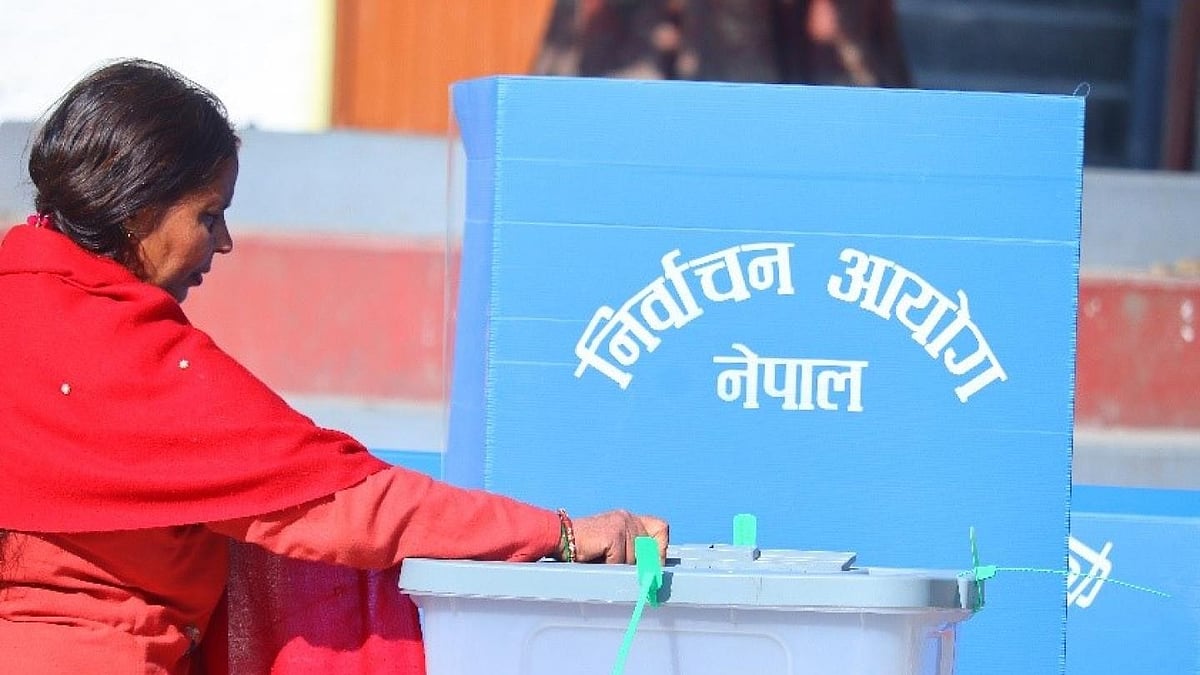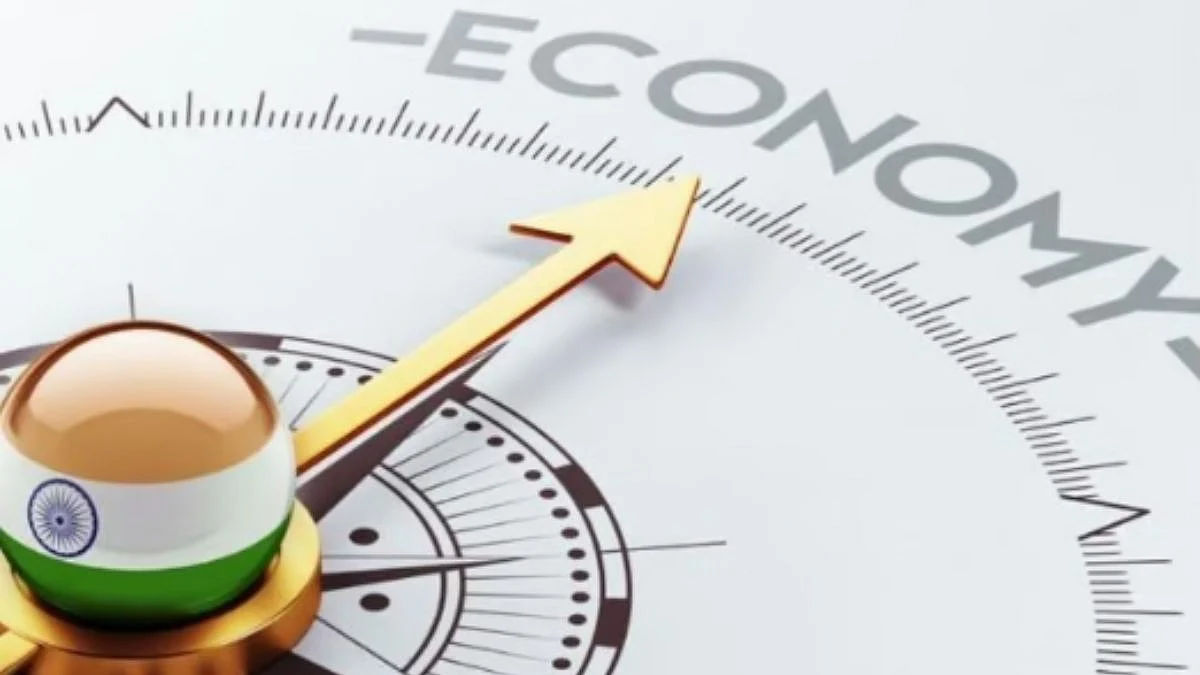The BRICS summit, attended by heads of government of Brazil, China, India and South Africa, and the Russian foreign minister, was held at Johannesburg on August 22-24. The Ukraine war and testy US-China relations presented a complicated geopolitical environment. On its eve, US President Joe Biden hosted a Camp David summit, sealing strategic convergence between US, Japan and the Republic of Korea. It sent a strong signal to China. Frayed Sino-Indian relations also affect BRICS’ functioning.
Jim O’Neill, a British economist at Goldman Sachs, argued in a November 2001 paper that four emerging economies, ie Brazil, China, India and Russia, had growth prospects entitling them to a greater say in global policy-making. A decade later in 2009 the new group christened BRIC was born. With South Africa, sponsored by China, joining the following year it became BRICS. Following the 2008 financial crisis, which rattled Western banking institutions, the newgroup hoped to raise effectively issues impacting the developing nations.

A decade later, especially after Covid-19 supply chain dislocations, the global context has mutated. China’s unwise military intrusion across the Line of Actual Control (LAC) in Ladakh in May 2020 and the Russian invasion of Ukraine last year further complicated it. The absence of Russian President Vladimir Putin, facing a warrant by the International Criminal Court, illustrates this point.
Domestically too each member faces economic and political challenges. Brazil is recovering from the disruptive politics of previous president Jair Bolsonaro, who mishandled Covid-19, giving Brazil one of the highest death rates globally. His climate change scepticism caused large scale deforestation and slippage on Brazil’s Net Determined Contribution (NDC). Incumbent President Luiz Ignacio Lula Da Silva publicly re-committed Brazil, at COP 27 in Egypt, to previous targets. Democratic institutions also suffered under Bolsonaro, degrading Brazil’s international standing. The nation now faces inflation and economic stagnation because of its dependence on commodity exports.
There is emerging consensus that the Chinese economy is stalling, affected by the real estate bubble and dropping exports. UBS bank has cut Chinese GDP growth this year from 5.2% to 4.8% and in 2024 from 5.0% to 4.2%. Unemployment amongst youth is in high double digits. This illustrates the altered dynamics amongst the five BRICS members. Thus while Russia and China would like to turn it into an anti-West platform, India and Brazil resist the group losing its original purpose as the voice of Global South. Jim O’Neill in a recent reappraisal of BRICS has blamed India-China rivalry for its suboptimal functioning.
For instance, while the Chinese President was in Johannesburg, the 13th Expert Group Meeting on the China-Bhutan Boundary Issues met in China on August 21-24. A coincidence perhaps but of vital interest to India. Furthermore, presidential election in Maldives is on September 9, where the incumbent pro-India President Ibrahim M Solih faces a coalition that has a pro-China tilt. The India-China military-to-military talks over resolving the LAC standoff have been stalemated. Prime Minister Modi and President Xi met on the sidelines of the summit. The Indian foreign secretary told the media that both leaders agreed “to direct” officials to “intensify efforts at expeditious disengagement and de-escalation”. The Chinese version differed in tone, pointedly noting that the meeting was at Indian request. Similarly on content, it restated the old narrative about handling “properly the border issue so as to jointly safeguard peace and tranquility”. With Lok Sabha elections approaching national security issues, especially China, can dominate election discourse.
Prime Minister Narendra Modi articulated his “One-Earth, One-Family, One-Future” message at Johannesburg. In its light he spelt out Indian strengths in space sciences, digital services, skill-mapping, traditional medicines etc. He advocated a seat at G-20 for the African Union, protection for big cats and the need to counter polarisation globally.
But the substance of discussions was eclipsed by the decision to expand BRICS by admitting Argentina, Egypt, Ethiopia, Iran, Saudi Arabia and the United Arab Emirates. A clear criteria was not visible. Iran has western sanctions against it. The UAE is rich but has miniscule population and limited comprehensive national power. Argentina had Brazil’s backing, being its biggest trading partner in Latin America. China had facilitated Saudi-Iranian detente and would be satisfied with the new entrants. Russia has been working closely with Iran and Saudi Arabia. The Iranian president personally thanked China. Clearly China has managed to mostly have its way. Did India extract a resolution to the Line of Actual Control (LAC) standoff by not stymieing Chinese expansion designs? Post-meeting Chinese statements do not reveal any softening. India would like results before it starts hosting G-20 on September 8
Neither India nor the US would be unhappy with the inclusion of UAE and Egypt. India could not be seen as opposing Iran, though it adds to the anti-US combination of China-Russia. Saudi Arabia in any case qualified due to its size, oil wealth and Islamic credentials as indeed its repositioning between theemerging poles — US and China-Russia. In the balancing exercise and the attempt to rival the wealth of G7 members the loser may be BRICS as diverse membership will hamper consensus.
KC Singh is former secretary, Ministry of External Affairs










